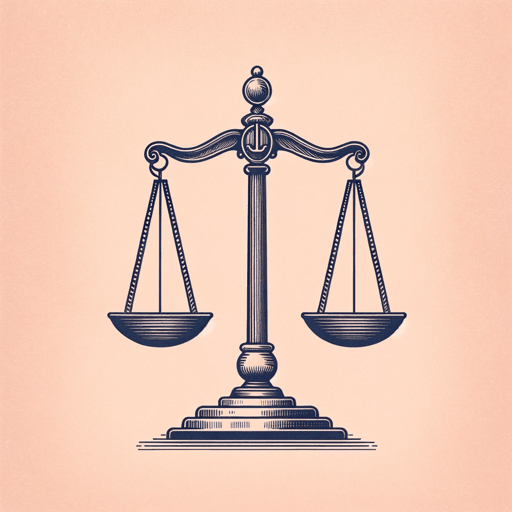47 pages • 1 hour read
MontesquieuThe Spirit of Laws
Nonfiction | Book | Adult | Published in 1748A modern alternative to SparkNotes and CliffsNotes, SuperSummary offers high-quality Study Guides with detailed chapter summaries and analysis of major themes, characters, and more.
Part 1, Books 6-8Chapter Summaries & Analyses
Part 1, Books 6-8 Summary & Analysis
In the final three books of Part 1, Montesquieu expands on how the principles of action determine the forms of laws in different governments. In Book 8, he discusses how these principles of action can be corrupted.
Book 6 is entitled, “the simplicity of civil and criminal laws, the forms of judgments, and the establishment of penalties,” and considers these things as they relate to the three fundamental forms of government. In the despotic state, the laws are very simple, which contrasts with the monarchy and even more so with the republic. In fact, any despotic “laws” are tentative: “[T]he judge himself is the rule” (76), and the will of the judge (or prince) is beholden to neither constitution nor collaboration. Monarchical or republican law is much more complicated. In the monarchy, the judges enforce the letter of the law when the law is clear; when it is not, they seek out the “spirit” of the law. The monarch should not act as the judge since this would destroy the constitution and eliminate the roles of what, in Book 2, the author called “intermediate, subordinate, and dependent powers” (17). Montesquieu invokes no shortage of historical examples to make this point, the Romans being a favorite example: “Some of the Roman emperors had a craze for judging.


